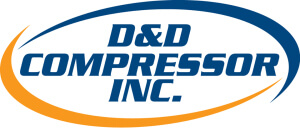What Is A Compressed Air Audit?

Depending on your industry and the size of your company, compressed air costs can be among your biggest operational expenses. In addition to the energy costs associated with the production and delivery of compressed air, there are external costs related to the efficiency and productivity of your compressed air system. Fortunately, a compressed air audit can identify opportunities for you to improve the efficiency, performance, and productivity of your compressed air delivery system. Here is a look at some of the factors included in a full compressed air audit. If you don’t have the budget for a full audit, contact a compressed air sales and service company in San Jose to discuss your current system and how you can get more out of it.
Air Demand
Any air compressor audit should include a measurement of your plant’s compressed air demand over a weekly cycle to identify energy costs and potential savings. Professional air compressor auditors are able to measure flow rates and air demand without interrupting service or affecting performance.
Air Leaks
An important part of accurately auditing your compressed air system is detecting leaks within the air delivery system. Because leaks can be very costly for your compressed air operating costs, having an audit performed can pay for itself by identifying leaks in the system that you can then have repaired.
Air Quality
Microbial contamination is a concern for most industries that make use of compressed air, particularly food manufacturing plants and healthcare facilities. That’s why any full professional audit should include an air quality assessment. If your compressed air is not within safe bacterial levels for your industry or compressed air application, your auditor will be able to recommend filtration and air cleaning solutions.
